Servo Motor Controllers: An Overview
Servo motor controllers are integral components in the realm of automation and robotics, providing precision control over servo motors. These devices enable the accurate positioning of motor output shafts, commonly utilized in applications requiring meticulous movement control. By interpreting control signals and managing power sent to the motor, servo motor controllers ensure the execution of desired movements with high efficiency.
Types and Applications
The versatility of servo motors and drives is evident in their wide range of types, each suited to specific tasks. From dc servo motor models favored for their simplicity and control to complex configurations that pair servo drive and servo motor for advanced applications, the selection is vast. These systems are pivotal in industries such as manufacturing, robotics, and aerospace, where precise motion control is paramount.
Key Features and Materials
A servo motor controller is characterized by its ability to regulate speed, acceleration, and position with exceptional accuracy. The construction of these controllers often involves durable materials that can withstand the rigors of industrial environments. Components like motor driver for servo motor units are crafted to ensure reliable performance over time, contributing to the overall longevity of the servo system.
Advantages of Servo Motor Controllers
The advantages of employing a servo motor controller in automation are manifold. Precision control is among the top benefits, allowing for the smooth operation of servos and motors. This precision reduces the risk of mechanical wear and extends the lifespan of the equipment. Additionally, the ability to finely tune acceleration and velocity profiles with a motor controller servo leads to improved efficiency in various applications.
Selection Considerations
When selecting a servo motor controller, factors such as application flexibility, operational noise, and physical size are crucial. A controller that supports a range of servo motor arduino applications offers greater utility, while low-noise operation is essential for environments where noise pollution is a concern. The size of the controller should align with the operational demands to prevent overloading the system.
Integrating with Arduino
For hobbyists and educators, integrating arduino and servo motor technology is a popular choice. The ease of programming an arduino servo motor control setup makes it an excellent tool for learning and prototyping. The combination of arduino and servo allows for the development of custom motion control projects, from simple hobby creations to more complex educational models.








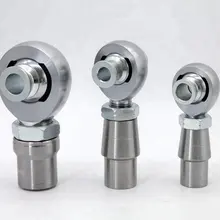

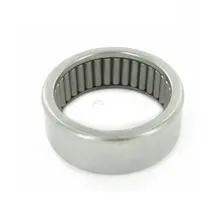
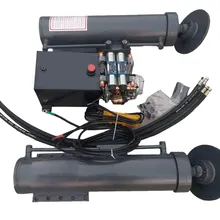





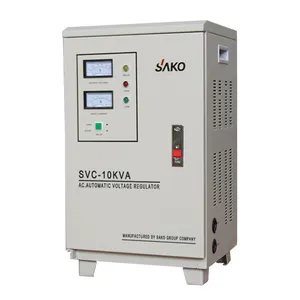

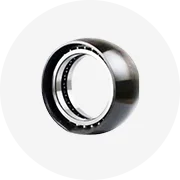

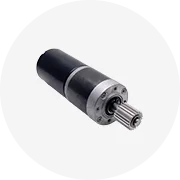


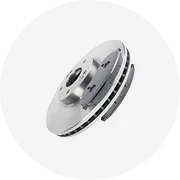










 浙公网安备 33010002000092号
浙公网安备 33010002000092号 浙B2-20120091-4
浙B2-20120091-4